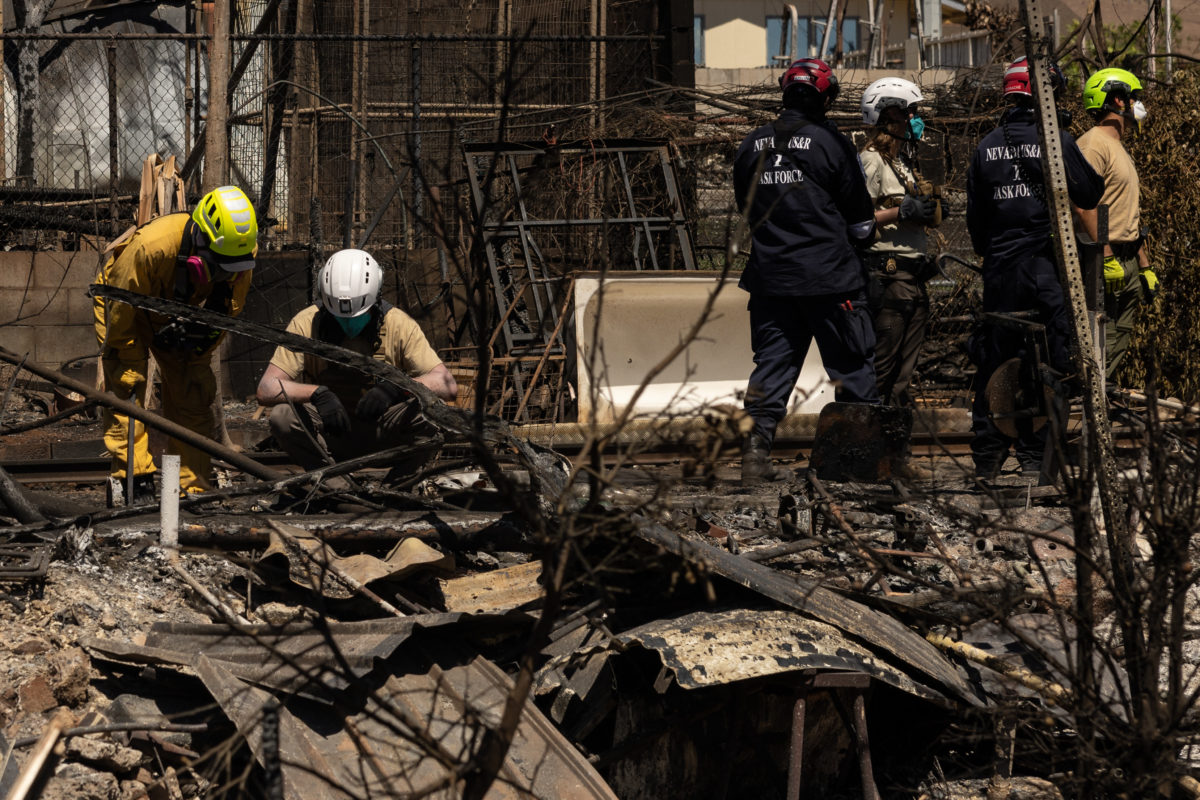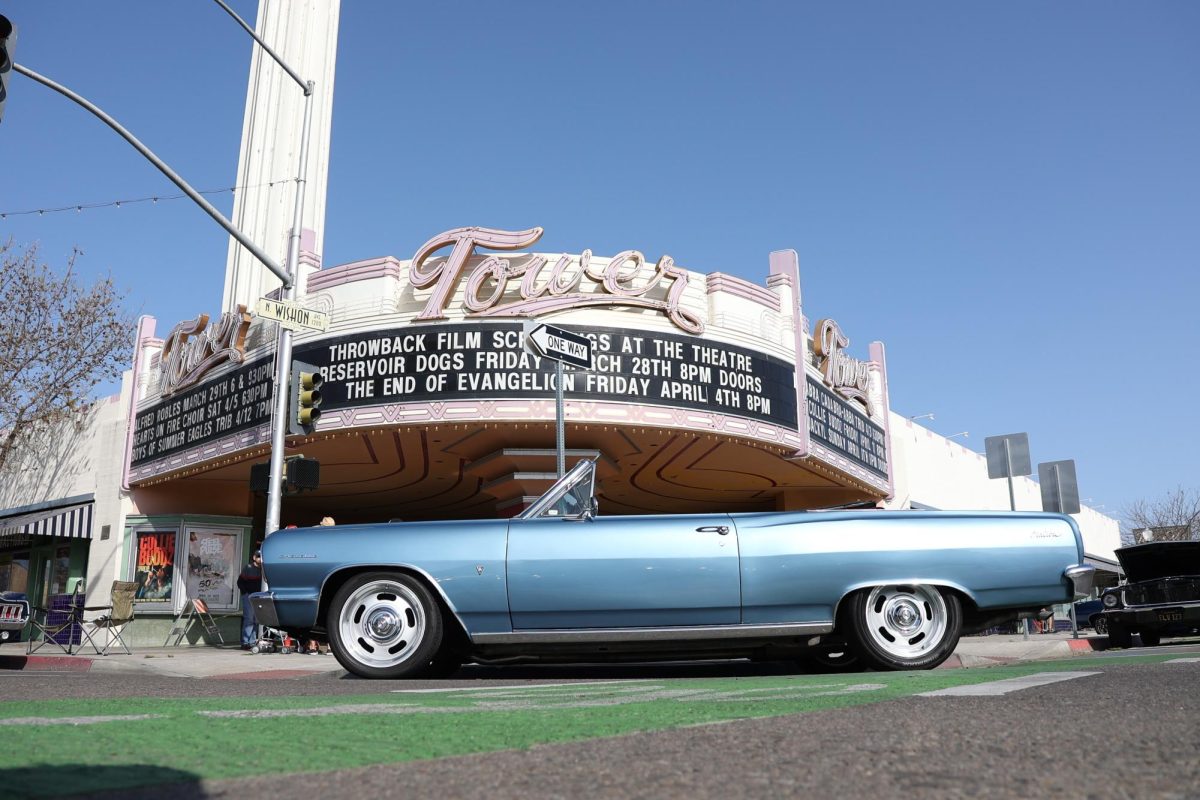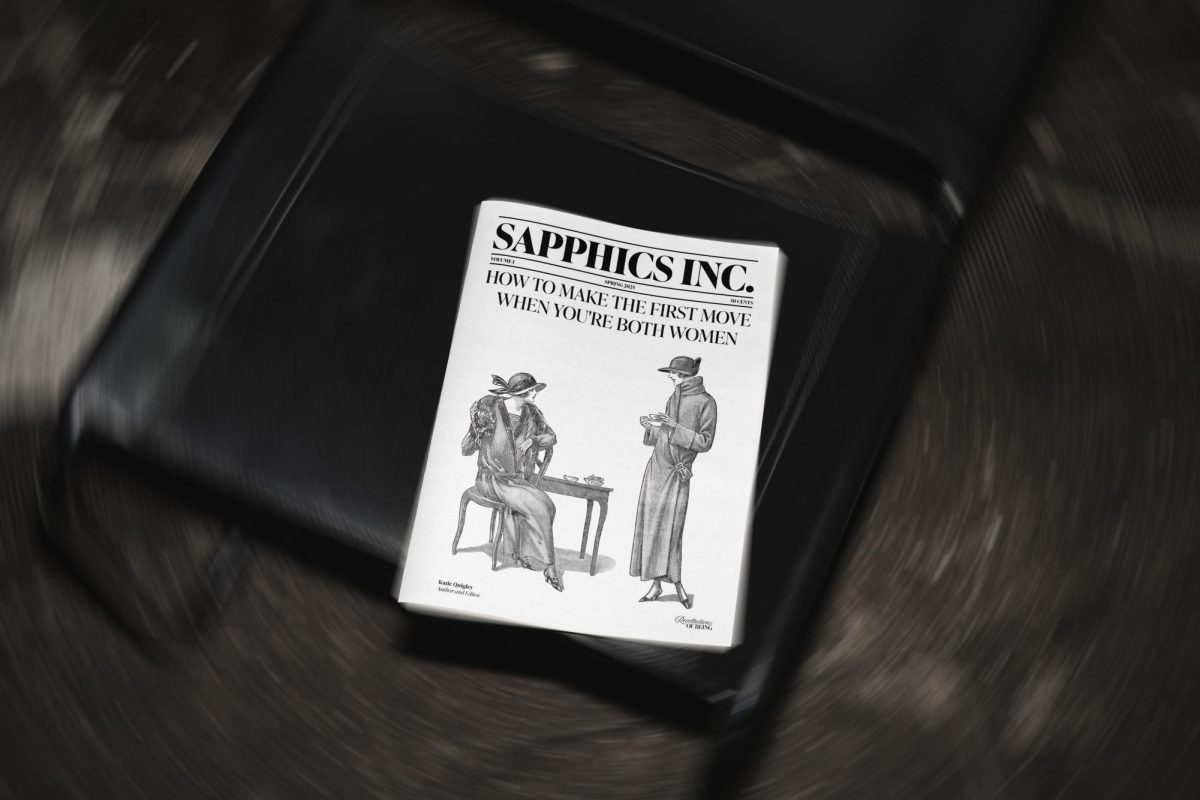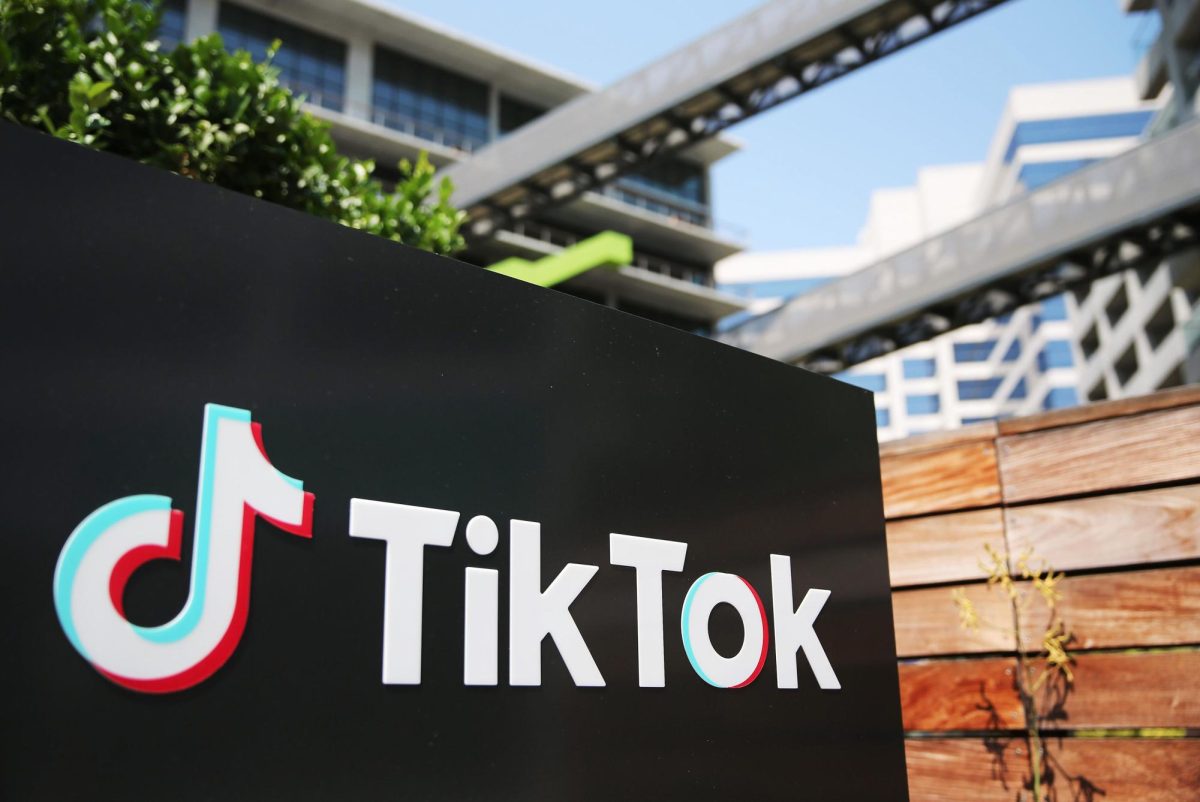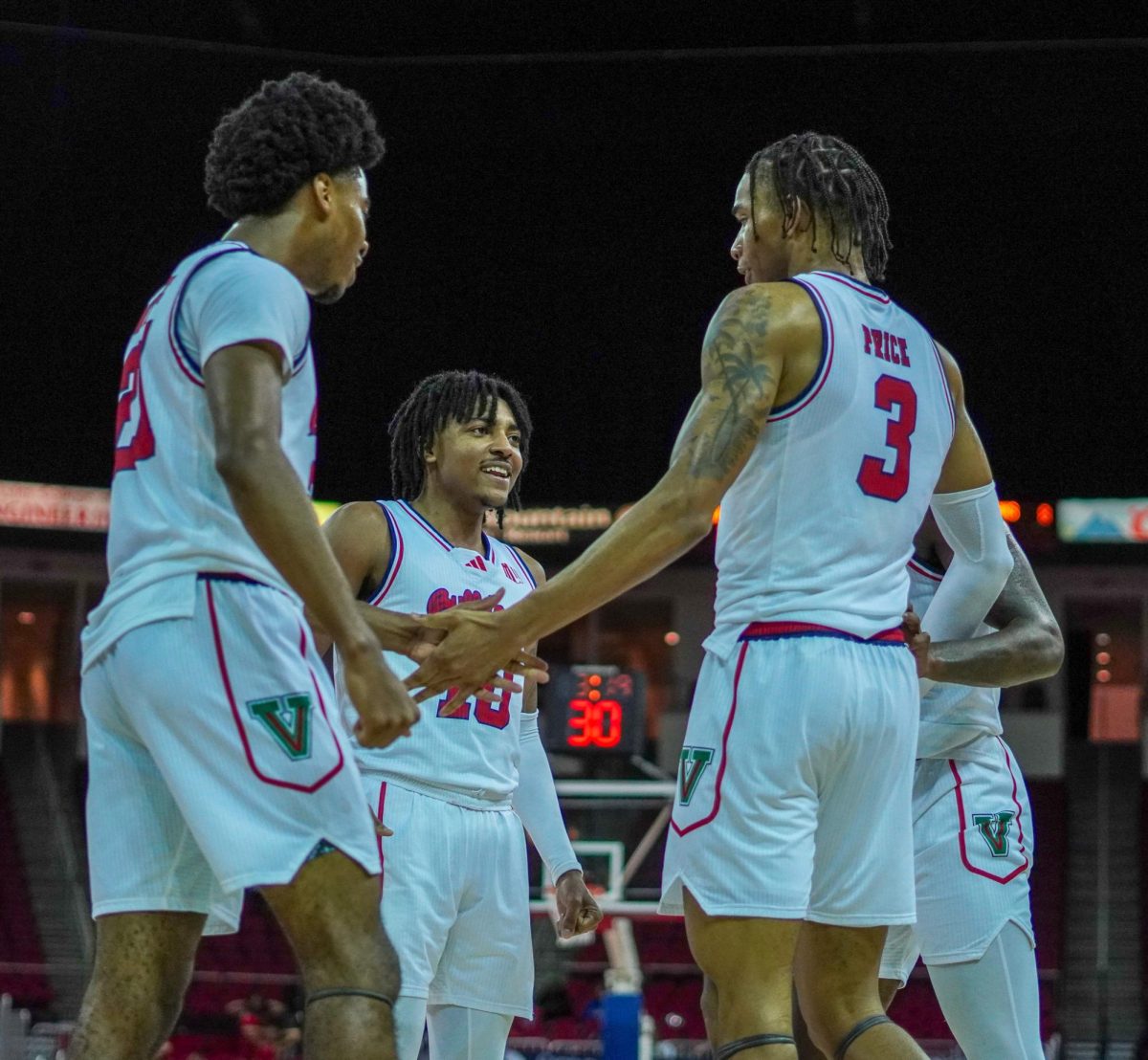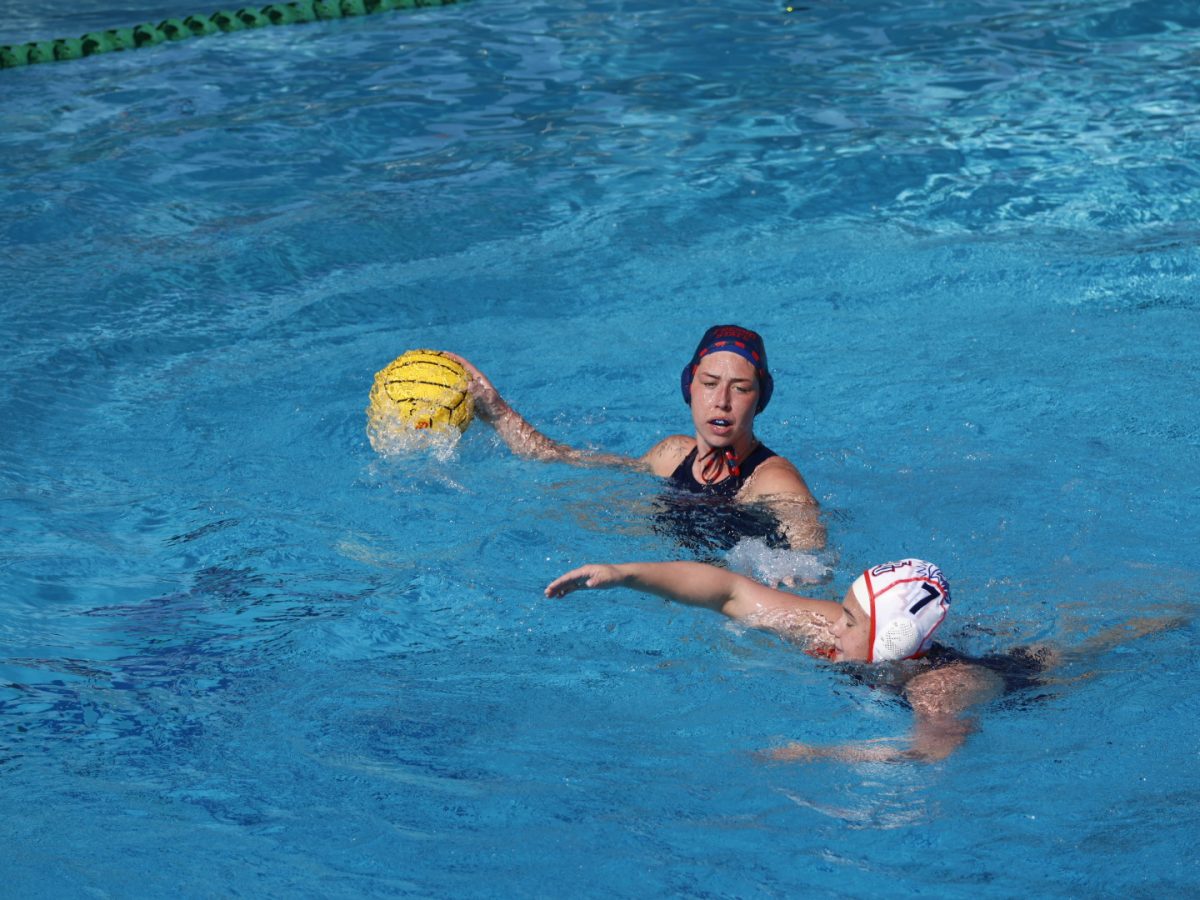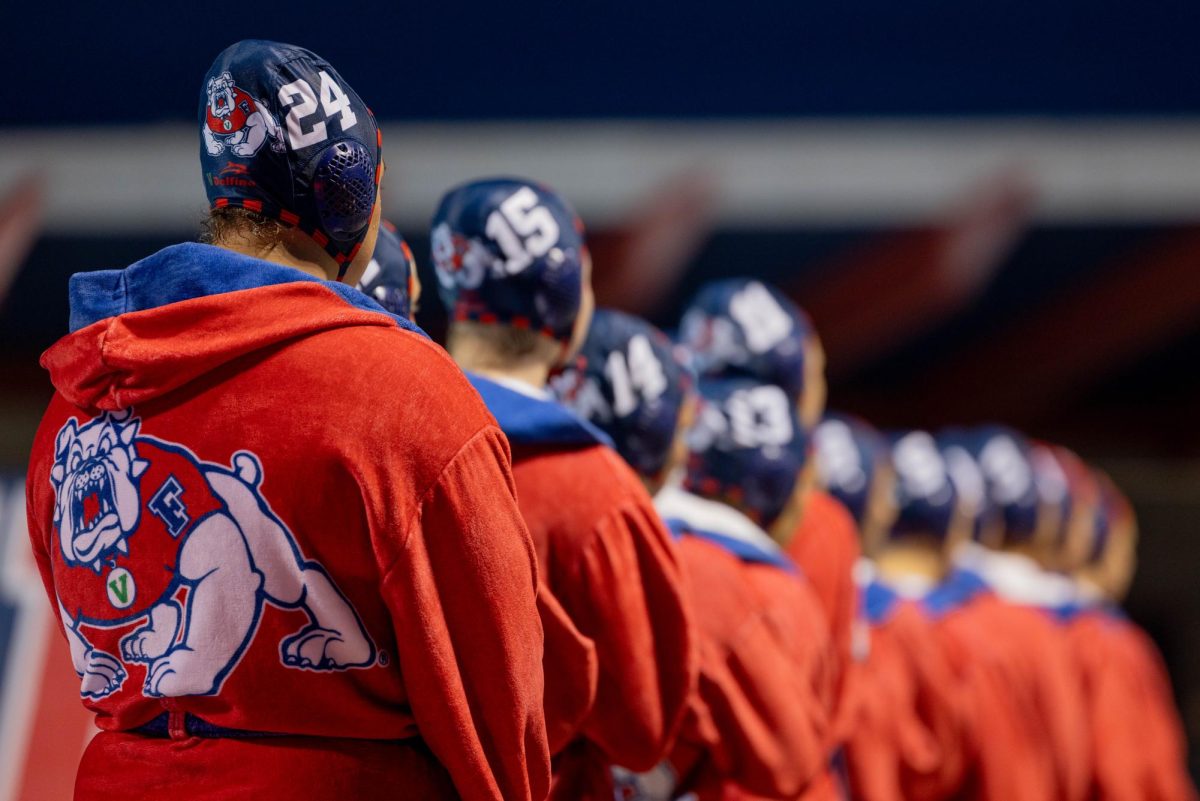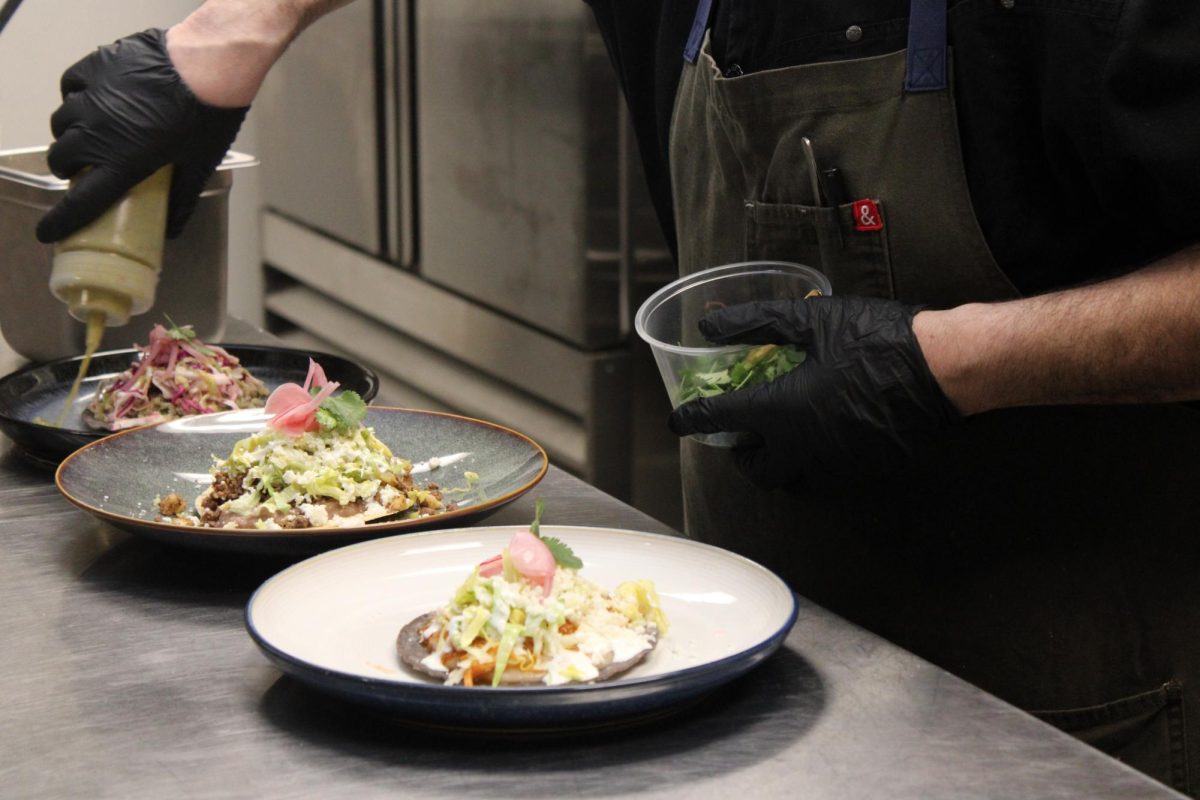Lauren Almeida’s family treated Aug. 8 like any other typical day on the island. Her parents went to work, and she and her brother stayed home.
Almeida was aware that there had been reports of a small fire in another part of Maui, but wasn’t sure how big it was until her mom told her and her brother not to leave their home due to strong winds.
It turned out to be bigger than anyone had thought.
According to multiple reports, 115 people lost their lives in the Maui fires, and 850 are still missing as of Sept. 3.
Almeida, a Fresno State softball player, lives in Kula, a small town in Maui, and was there when it happened.
When her parents came home, and the sun was going down, the fire’s threat appeared larger than Almeida had thought. With fear already starting to set in, they heard that there was a fire approximately 10 minutes away, causing many families in Kula to evacuate.
“This is the moment that my family and I realized things were beginning to get serious,” Almeida told The Collegian.
With all the smoke, the island was unrecognizable to Almeida.
“Driving around on Maui during this time truly looked like a war zone,” Almeida said.
Some of the most challenging moments for Almeida came the day after the initial fire when she had a chance to digest what had happened. When she heard of all the damage the fire had caused, she said she thought of all the families who lost their homes and loved ones.
Almeida didn’t personally lose anything in the fires; seeing many of her friends and family directly impacted and witnessing the struggle left her heartbroken.
“The fear and worry that they had to go through and the grief they are currently going through from loved ones they lost, homes that they raised their families in that are now down to ash. Jobs that helped support their families that are now taken away from them is something I couldn’t even imagine but they went through it and are going through it,” Almeida said.
Through the tragedy, Almeida found a way to use this challenging experience as a learning opportunity. She learned to cherish her loved ones every chance you have.
“Keep your loved ones close and never let a day go by without letting them know how much you love them and how much you mean to them because you never know when that day will be the last,” Almeida said.
The fires in Kula weren’t the only ones on the island. There were also fires in Makawao, Kihei and Lahaina. The fire in Lahaina was the most devastating with nearly the entire town being destroyed.
Lahaina is one of the most populated towns in Maui, with a population of over 12,000, and is a popular destination for tourists visiting Maui.
Cool Cat and Captain Jack’s are two restaurants on Lahaina’s front street. The fire devastated both of the restaurants. The two restaurants have joined together for a GoFundMe.
“We have over 120 employees that have lost their jobs; more than half of them have lost their homes and vehicles,” said Sean Corpuel, the owner of Cool Cat, wrote in the GoFundMe message. “100% of the money raised here will go to the staff, many of which have lost everything but the clothes on their back. Our staff is our extended family. It is heartbreaking to think of the crisis they are in.”
Corpuel also mentioned how many employees need more food, water, clothes and beds.
Across the street from the two restaurants sits one of the most iconic landmarks on Maui. The banyan tree was planted in 1873 and has stood for 150 years. Even though the fire burned the tree, it still stands, inspiring the community to return to what it once was.
President Joe Biden visited Maui on Aug. 22, saying the standing banyan tree is symbolic.
“Trees survive for a reason. I believe it’s a powerful, very powerful symbol of what we can and will do to get through this crisis. For as long as it takes, we’re going to be with you, the whole country (will) be with you,” President Biden said.
Almeida shared a similar message about the strength and perseverance of the community, not just of Maui Island but the state as a whole. As soon as the day after, people were already working together and trying to figure out the best way they could rebuild.
“People came together in many ways. One big way was through donations getting all the necessities to live an everyday life for those families that have lost everything, opening their homes to people that are now left houseless,” Almeida said.
Even though Almeida is now back at Fresno State, she will always carry Maui with her in her heart wherever she goes. Including the softball diamond, where she has worn the number 50 to honor Hawaii becoming the 50th state in 1959.
Even though the road ahead will be challenging for Maui, a robust and selfless community treating everyone like family strengthens Hawaiian culture and gives Almeida optimism for the future.
“It will take many years to rebuild what is now gone, and for most, pain may not be physical, but the mental pain and suffering will last a lifetime,” Almeida said. “Ohana means family, and family means nobody gets left behind or forgotten.”
Those who want to donate to help Maui recover can do so at several websites, including the American Red Cross.




